The Pixel 6 is facing a lot of criticism, but that's good for Google
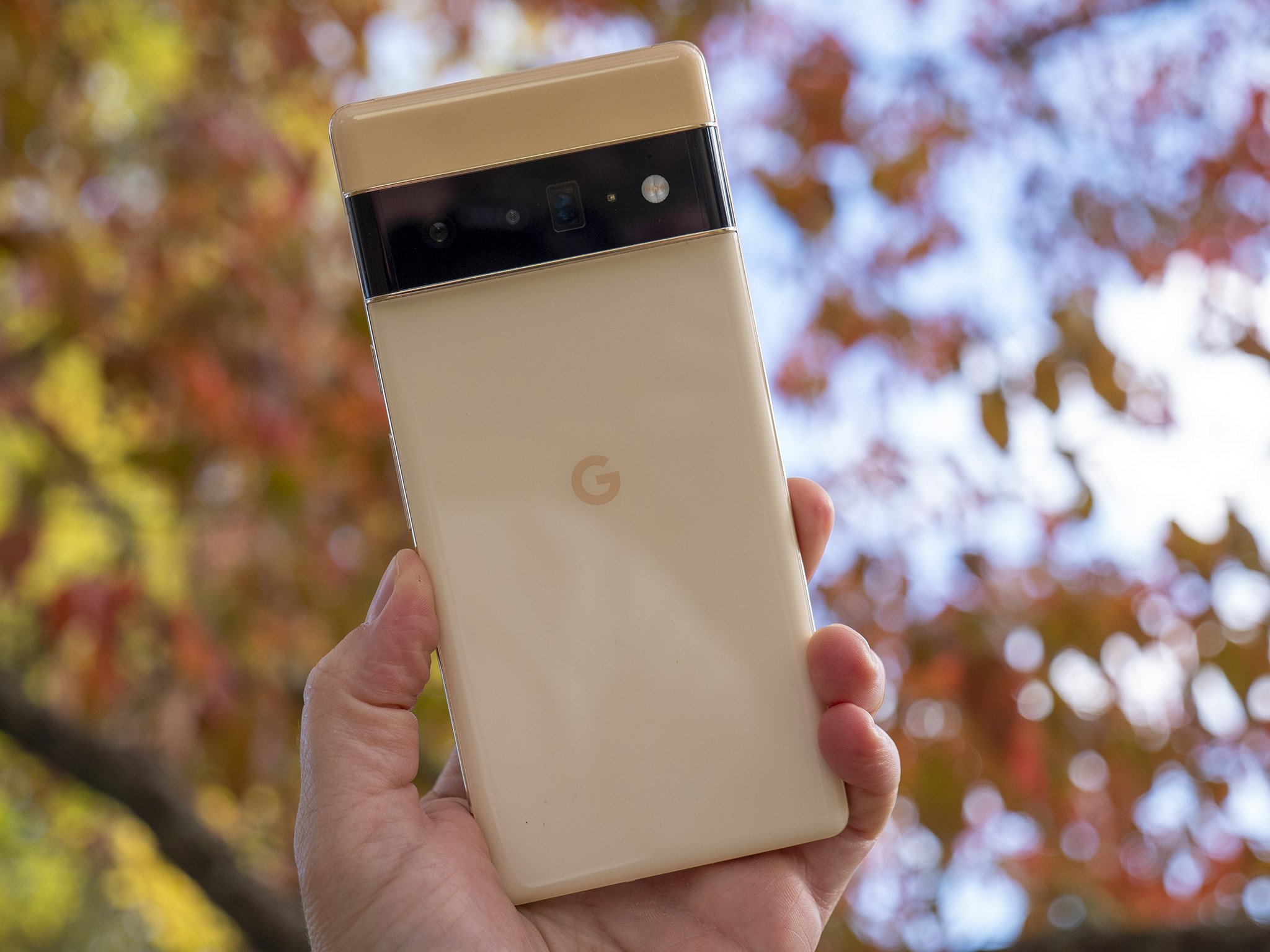
A heightened level of public and media scrutiny towards a new flagship phone isn't unusual, experts say. But some agree that there has been an extra level of criticism towards some of the hardware and software features on Google's Pixel 6 lineup, and that's because of how much the company has created hype for these new phones.
Google's Pixel 6 and Pixel 6 Pro were announced about a month ago, and many people have had some time to test and play around with the phones. The phones use Google's first-ever in-house developed chip, Tensor, and Android Central's Ara Wagoner and Nick Sutrich (in their reviews) have expressed that the phones are compelling. In fact, the Pixel 6 is even considered one of the best Android phones currently available.
But more recently, a multitude of reports have indicated a slew of hardware and software issues with the phones. Some users have reported that the Pixel 6's fingerprint sensor has not been very reliable. Others have said that a weird bug in Android 12 is making Google Assistant ghost dial random contacts even when they aren't near the phone.
Some users are experiencing a weird screen flicker problem when pressing the power button while the phones are switched off; others say they see a green tint on the display. And Android Authority recently reported that despite Google touting the phones can be charged with a 30W charger, the phones are only reaching 22W, not taking full advantage of what was announced.
Negativity comes from a strong fanbase
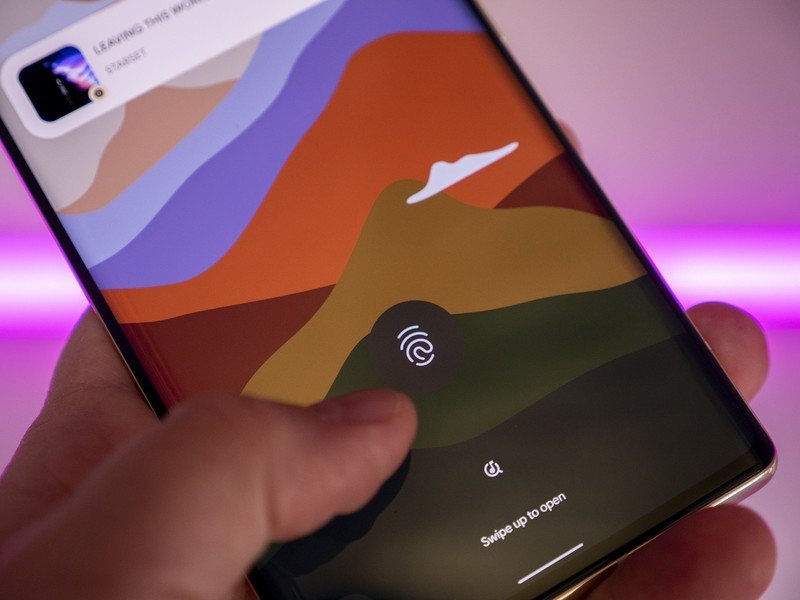
The intense scrutiny isn't new, says Jitesh Ubrani, IDC's research manager of worldwide device trackers, and as a matter of fact, many companies have faced this in the past.
"There's no doubt that Pixel has some very dedicated fans who have high expectations from Google and perhaps may even be putting them on a pedestal. And when a device isn't perfect, the group tends to voice their frustration even more as they have stuck with the underdog brand for years," he says. "There has certainly been negativity like this in the past for other brands so Pixel is not necessarily an outlier."
And while it seems like many consumers are trying to knock Google down, the case isn't because the fanbase considers Google to be the "big guy," Ubrani says. He notes that it's important to remember that Google is still new to hardware. It's important that consumers, the media, and bloggers call Google out for any issues.
Be an expert in 5 minutes
Get the latest news from Android Central, your trusted companion in the world of Android
"More importantly, they have been hyping up the Pixel 6 for months (ever since the early leaks)," IDC's Jitesh Ubrani says.
"The company is spending quite a bit on marketing and has been slowly building awareness of the brand. More importantly, they have been hyping up the Pixel 6 for months (ever since the early leaks) and while the hardware failure rate may be well within acceptable margins, the fact that they set extremely high expectations is likely what's causing the excess backlash," he says.
"I'm not sure what the rate of failure is, but I assume it's in line with others as often the components and manufacturing facilities are shared amongst many brands. What's more difficult to swallow is the software issues as those should have been ironed out before release."
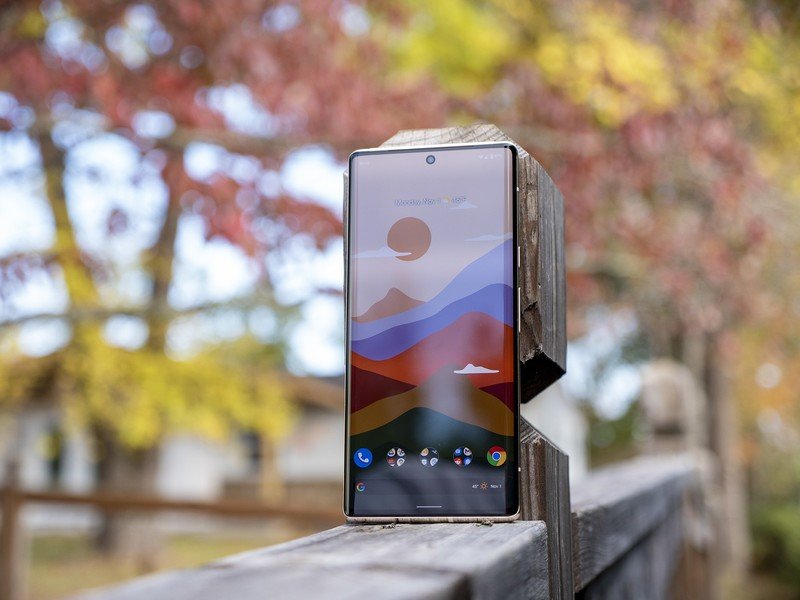
Maurice Klaehne, a research analyst at Counterpoint Research, agrees with Ubrani in an interview that Google has definitely created a lot of buzz around these phones. He adds that because of wanting to create a pure Android experience, the company went a "step further in cultivating this experience by introducing its own SoC, the Tensor chip."
"This created a lot of buzz over the last several months as Google made the first announcement of the Pixel 6 and Tensor chip in August 2021," he says. "When the phone was first launched, there was a lot of anticipation about the device, how it would perform given the new Tensor chip, and naturally how it would compare to other premium devices from Samsung, Apple, and OnePlus. The flagship killer question again came up."
Klaehne explains that because of this, it naturally led to the device being heavily scrutinized by the media and influencers, and this also created a lot of hype and demand for the device, leading to more people purchasing a Pixel device than just the "core" followers.
Google's smartphone hardware mission has been a bit inconsistent
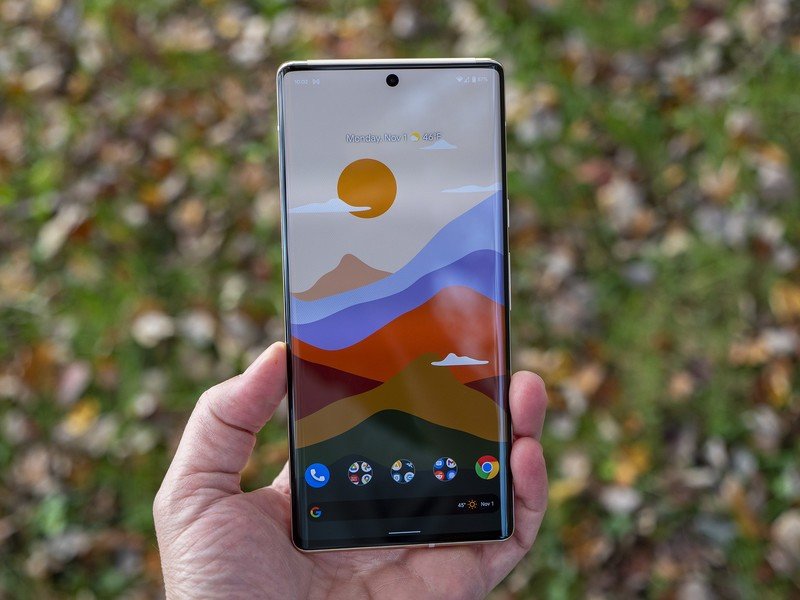
It's worth adding that since Google started getting into the hardware business of smartphones, it has been inconsistent in how it designs and categorizes its phones. The Pixel 4 was considered to be a flagship phone, the Pixel 5 a mid-range device, and now the 6 and 6 Pro flagship devices.
Carmi Levy, a technology analyst, says that this inconsistent nature has caused some scrutiny by consumers. He adds that the company has followed a unique and hardly consistent pattern, which includes varying strategies around pricing and feature sets. As a result, Levy says, this has caused an inability to broaden market support for its Pixel phones because consumers don't know if Google really wants to be in the market in the first place.
"Google needs to commit to its hardware, period," technology analyst Carmi Levy says.
"From one generation to the next, Google has failed to convince consumers that it is fully committed to being a significant player in this market… If consumers perceive that the company's strategy is not deeply rooted in a long-term commitment to the space, they'll either complain loudly, or they'll say nothing and shop elsewhere," he says. "Apple, in comparison, has never wavered from its iPhone mission, so while consumers may complain about certain aspects of a particular device, they never doubt Apple."
Levy explains that die-hard Pixel fans have been waiting over a decade for Google to deliver the smartphone hardware goods. Google's Nexus, a brand that has now been discontinued, failed to garner much support over the first half of the decade, he says, adding that today's market reception is a "direct result of that long-term indifference."
"Google needs to commit to its hardware, period. It needs to telegraph its long-term plan to build hardware that sets the bar for its OEM partners to follow, and it needs to reassure consumers that it's willing to stick it out with market-leading designs not just for one generation, but for multiple iterations."
Google hasn't always had the means to deliver
Ubrani counters Levy's notion that Google hasn't figured out its hardware plan, because he says the company has always known what it wants to do but has not had the "means to deliver."
"Google didn't always have the hardware chops to create a phone and so they relied on partners for design and manufacturing. But over time and by spending plenty of money they acquired or built the teams that were necessary to deliver and that's why the Pixel 6 lineup is in many ways the first truly Google phone," he says.
The company spent $1.1 billion in a deal to acquire part of Taiwanese smartphone maker HTC's smartphone division and its 2,000 employees to engage in research and development to boost handset capabilities, according to Nikkei Asia. The site adds that Google now has a hardware team of more than 4,000 in Taiwan, its largest outside of the U.S that focuses on hardware development.
And it's not like the company doesn't have money now to shell out and expand in areas where it's lacked previously. In Q3 2021, Google made more than $65 billion in revenue, up 41% from the same quarter last year.
Anshel Sag, senior analyst at Moor Insights & Strategy, says that at the end of the day, it doesn't matter if Google hasn't figured out their device plan.
"As long as Google produces good phones that work well, it doesn't really matter if Google is going for flagship or mid-range or both," he says.
Combining hardware and software will naturally cause issues
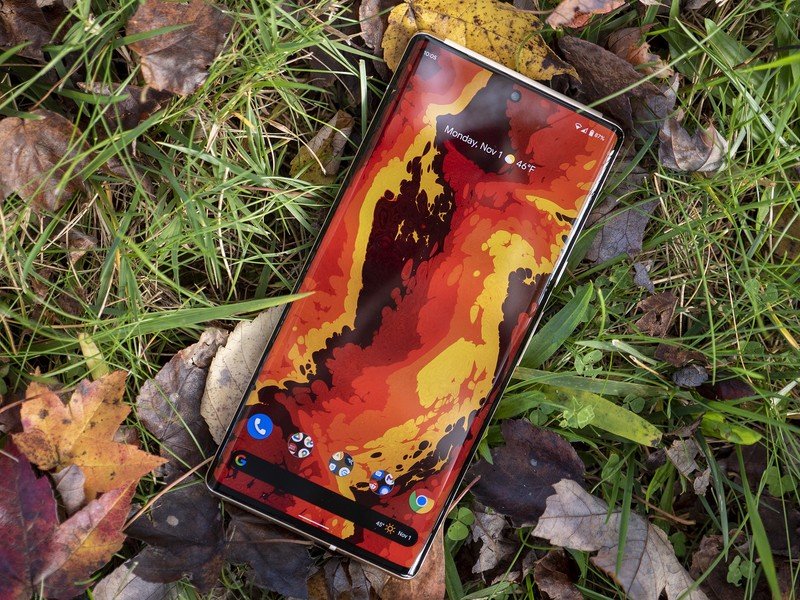
Sag notes that it is entirely normal for phones to have issues when they are first released to the public. In this circumstance, he says, people's expectations were higher because Google developed both the hardware and software.
"[The issues] are about the same as any other brand. I just think that because these are made by Google, people's expectations are a bit higher because they're the ones building the OS and should be able to build a device that matches the Android vision best," he says.
Klaehne agrees, adding that Google can only learn and get better from its first real attempt to marry hardware and software.
"There are naturally some integration issues that need to be solved, but Google is going into a positive direction with this vertical integration of their own [chip] that will only improve with more iterations, potentially leading to Tensor chips being used in other Google products such as tablets or laptops, just like how Apple is doing with the M1 chip."

Shruti Shekar is Android Central's Editor-in-Chief. She was born in India, brought up in Singapore, but now lives in Toronto. She started her journalism career as a political reporter in Ottawa, Canada's capital, and then made her foray into tech journalism at MobileSyrup and most recently at Yahoo Finance Canada. When work isn't on her mind, she loves working out, reading, watching the Raptors, and planning what she's going to eat the next day.
